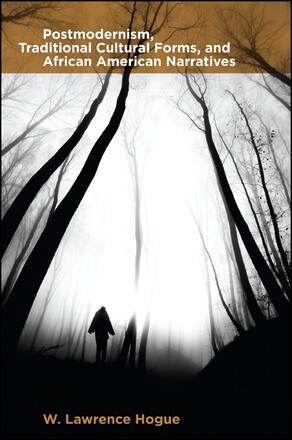
Postmodernism, Traditional Cultural Forms, and African American Narratives
Alternative formats available from:
Examines how six writers reconfigure African American subjectivity in ways that recall postmodernist theory.
Description
This book explores how African American social and political movements, African American studies, independent scholars, and traditional cultural forms revisit and challenge the representation of the African American as deviant other. After surveying African American history and cultural politics, W. Lawrence Hogue provides original and insightful readings of six experimental/postmodern African American texts: John Edgar Wideman's Philadelphia Fire; Percival Everett's Erasure; Toni Morrison's Jazz; Bonnie Greer's Hanging by Her Teeth; Clarence Major's Reflex and Bone Structure; and Xam Wilson Cartiér's Muse-Echo Blues. Using traditional cultural and western forms, including the blues, jazz, voodoo, virtuality, radical democracy, Jungian/African American Collective Unconscious, Yoruba gods, black folk culture, and black working class culture, Hogue reveals that these authors uncover spaces with different definitions of life that still retain a wildness and have not been completely mapped out and trademarked by normative American culture. Redefining the African American novel and the African American outside the logic, rules, and values of western binary reason, these writers leave open the possibility of psychic liberation of African Americans in the West.
W. Lawrence Hogue is John and Rebecca Moores Distinguished Professor of English at the University of Houston. He is the author of several books, including The African American Male, Writing, and Difference: A Polycentric Approach to African American Literature, Criticism, and History, also published by SUNY Press.
Reviews
"What makes this latest book unique is its devotion to the possibilities of a distinctive African American subjectivity that is neither subordinated to the white-black binary nor naïve to its historical effects. " — American Book Review